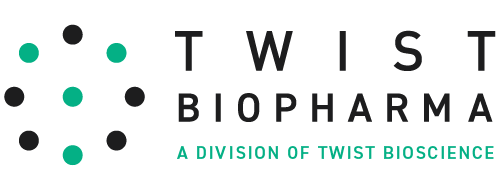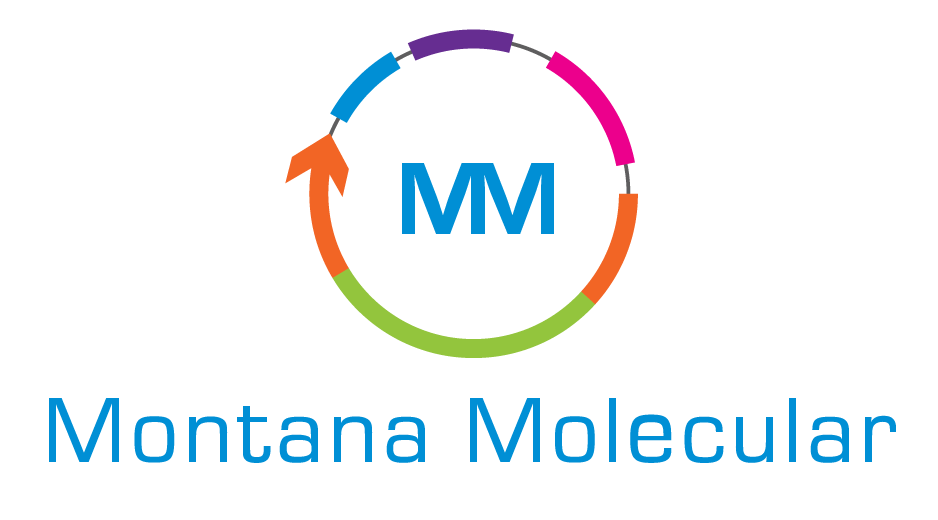Meet Dr. GPCR Summit Partners
Dr. GPCR Summit Presents GPCRdb Resources
Monday, 09/13/2021 @ 10:00 AM - EST
- Dr. David Gloriam -
- Dr. Albert Kooistra -
- Gaspar Pandy-Szekeres -
- GPCRdb -
Abstract
The GPCRdb (https://gpcrdb.org) is an open-source and open-science research platform that currently serves approximately 4500 scientists each month with reference data, data analyses, and tools to design new experiments.
During this talk and live demonstration, we will go deeper into two specific segments of the GPCRdb. To start off with, we will discuss the details behind the many structural models that the GPCRdb offers; from the state-specific homology models for all human GPCRs to the more recently added GPCR—G protein complex models. Subsequently, we will demonstrate how different tools of the GPCRdb can be used to design mutagenesis experiments that, for example, can impact ligand binding, activation-state preferences, and G protein-coupling specificity. At the end, there will be the opportunity to ask any questions that you might have to the GPCRdb developers regarding any aspect of the GPCRdb.
Author list and Affiliations
-
Dr. David Gloriam
-
Dr. Albert Kooistra
-
Gaspar Pandy-Szekeres
About Dr. David Gloriam
David obtained his Ph.D. from Uppsala University in Sweden where he worked on the bioinformatic identification of 24 novels human G protein-coupled receptors. He then completed two postdocs in the UK at the EMBL-European Bioinformatics Institute and GlaxoSmithKline. In 2018 he joined the University of Copenhagen as a Professor in Computational Receptor Biology. He leads a research cluster for GPCR function and drug discovery and a Pharmaceutical Data Science unit. His group also runs the GPCRdb database where ~4,000 researchers each month retrieve reference data and access online tools for analysis, visualization, and experiment design.
Dr. Gloriam on the web
About Dr. Albert Kooistra
Albert J. Kooistra is an assistant professor in the Computational Receptor Biology group of prof. David Gloriam at the University of Copenhagen (Denmark). Here he leads the GPCRdb development team and actively contributes to the development of new GPCRdb tools and resources.
He is a Ph.D. graduate in Computational Medicinal Chemistry from the Vrije Universiteit Amsterdam (the Netherlands) with a track record in structural bioinformatics, computer-aided drug discovery & design, and research software & database development. Among other things, his research on GPCRs comprises structural analyses, structure-based virtual screening, chemogenomic analyses, and ligand design.
Albert is furthermore a management committee member of the ERNEST consortium, a European research network on signal transduction, and founder and developer of the structural kinase database KLIFS.
Dr. Kooistra on the web
About Gáspár Pándy-Szekeres
Gáspár Pándy-Szekeres is working on his Ph.D. as a bioinformatician at the University of Copenhagen in David Gloriam’s group while also contributing to projects in the Medicinal Chemistry Research Group led by György M. Keserű at the Research Center for Natural Sciences in Budapest.
Gáspár got his BSc degree in biology at the Eötvös Loránd University in Budapest and moved to Denmark for his MSc degree in bioinformatics at the University of Copenhagen.
As a GPCRdb developer in the Gloriam group, his main focus is data analysis, annotation, and integration on the sequence and structural level for GPCRs and G proteins. Among other tools, he implemented the GPCRdb automated chimeric homology modeling pipeline.
Gáspár Pándy-Szekeres on the web




























